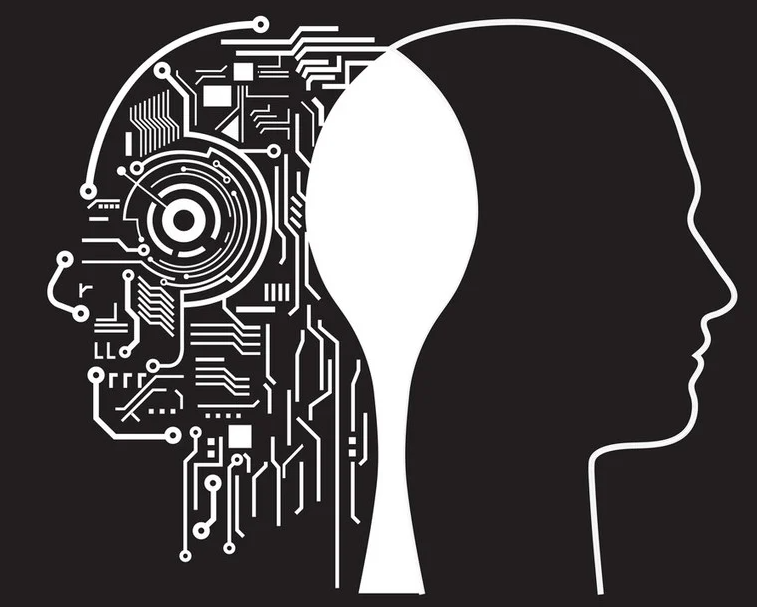Recently years, we have witnessed a tremendous growth in the field of artificial intelligence (AI). As technology continues to advance at an exponential rate, the possibilities of AI seem endless. Looking ahead to 2024, it is fascinating to explore the trends that will shape the future of AI and its applications.
The Rise of Explainable AI
Explainable AI refers to the ability of AI systems to provide clear explanations for the decisions they make. As AI continues to be integrated into various industries such as healthcare, finance, and transportation, the demand for transparency and accountability has increased. In 2024, we can expect an increased focus on developing AI models that not only provide accurate predictions, but also provide explanations that are easy for humans to understand.
This trend is particularly important in industries where AI is used for critical decision-making processes. For example, in the healthcare sector, being able to explain why a particular diagnosis was made or a treatment plan suggested is crucial to building trust between AI systems and healthcare professionals.
AI for Cybersecurity
Cybersecurity is a growing concern in our increasingly digital world. As data breaches become more sophisticated, there is a pressing need for advanced security measures. AI has the potential to revolutionize cybersecurity by detecting and preventing cyber threats in real-time.
In 2024, AI will play a significant role in enhancing our cybersecurity infrastructure. Machine learning algorithms will be able to analyze vast amounts of data to identify patterns and anomalies that indicate malicious activities. This proactive approach will enable organizations to stay one step ahead of cybercriminals, protecting sensitive information and preventing potential disasters.

The Continued Growth of AI in Healthcare
The healthcare industry is no stranger to the benefits of AI, and by 2024, we can expect even more advancements in this field. With AI's ability to process and analyze enormous amounts of medical data, it can significantly improve diagnostics, treatment plans, and patient outcomes.
AI-powered virtual assistants will continue to gain popularity, making patient interactions more efficient and personalized. These assistants can help patients schedule appointments, access medical information, and navigate healthcare systems, freeing up valuable time for healthcare professionals to focus on critical tasks.
Enhanced Natural Language Processing
Natural language processing (NLP) is a subfield of AI that focuses on how computers can understand and interpret human language. In recent years, we have witnessed significant advancements in this area, and in 2024, we can expect further improvements.
Enhanced NLP capabilities will allow AI systems to better understand context, sarcasm, and other complex linguistic nuances. This will open up new possibilities for voice assistants, chatbots, and language translation services, enhancing user experiences and communication efficiency.

The Ethical Considerations of AI
As AI continues to evolve and become more integrated into our daily lives, ethical considerations become increasingly important. In 2024, we can expect a greater emphasis on developing AI systems that align with ethical guidelines.
AI with biases or discriminatory tendencies will face heightened scrutiny, and efforts will be made to ensure that AI systems promote fairness, inclusivity, and diversity. This trend will not only help prevent any negative consequences but also foster trust and acceptance of AI among users.
Conclusion
As we look forward to 2024, the future of artificial intelligence appears promising. The rise of explainable AI, AI in cybersecurity, the growth of AI in healthcare, enhanced natural language processing, and ethical considerations will shape the landscape of AI in the coming years.
It is crucial to embrace these trends and leverage the power of AI to drive innovation and improve various aspects of our lives. With careful attention to ethics and a focus on transparency, AI has the potential to revolutionize industries, enhance security, and create a more connected and efficient world.


